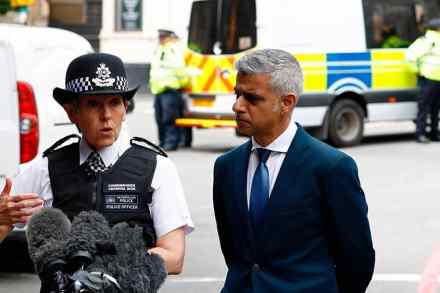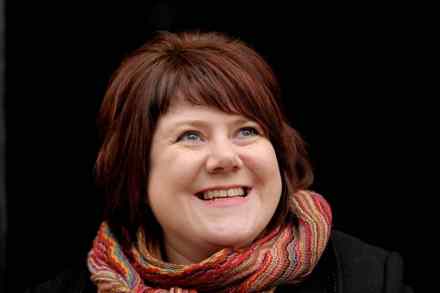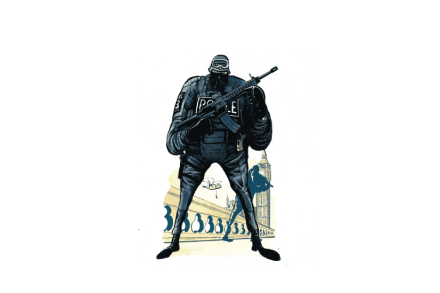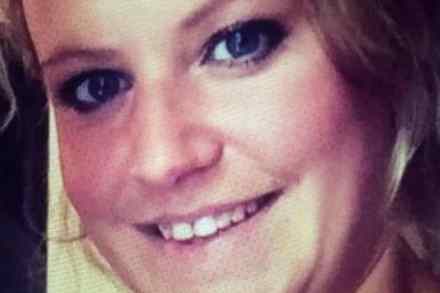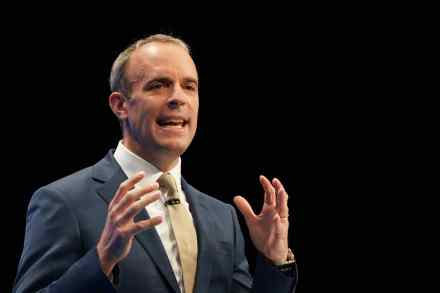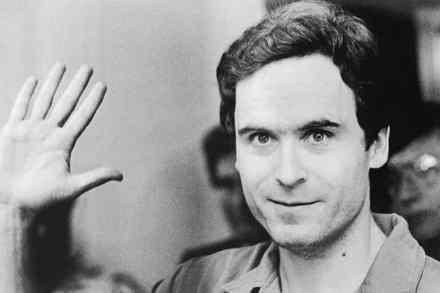The descent of New York
New York When Will Smith strode to the stage and slapped Chris Rock, I was surprised by how many of my friends thought the violence had been staged to rescue the Academy Awards from its years-long ratings decline. I instantly recognised it as authentic rage, not because I know anything about Hollywood or Will Smith, but because I witness similar ugliness so frequently on the New York City subway. For me, Smith’s outburst was shockingly familiar – emblematic of a simmering, pre-volcanic atmosphere in the country that no one seems to be examining or attempting to explain. As New York emerges from its third wave of Covid, an exceptionally creepy


